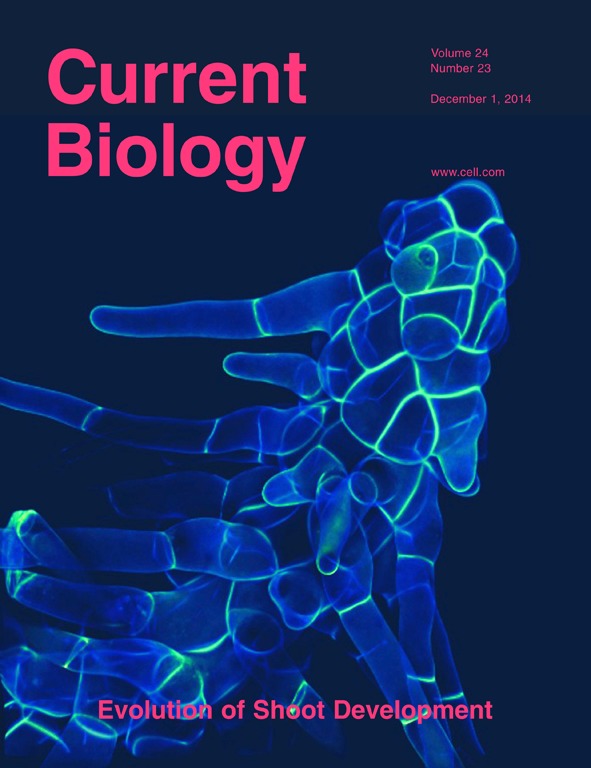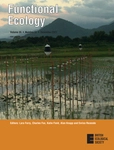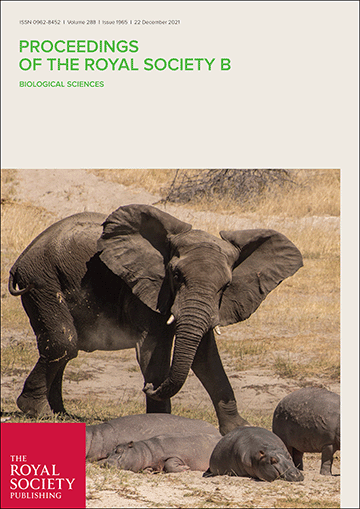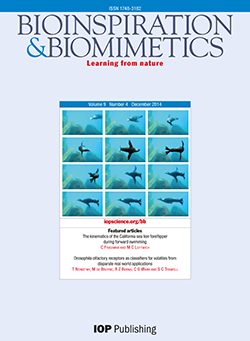- Topic:Fish behaviour and swarm intelligence
Collective anti-predator escape manoeuvres through optimal attack and avoidance strategies
The research team investigated the predator-prey behaviour of striped marlins (Kajikia audax) and sardine shoals (Sardinops sagax caerulea) in the open ocean. Their findings reveal that individual prey in groups follows simple decision-making rules, which lead to complex, collective self-organized manoeuvers – and that this response is something predators can capitalize on.
Evidence for a by-product mutualism in a group hunter depends on prey movement state
Why do animals hunt in groups? The authors have shown in a field study in the ocean off Mexico: the faster the prey school moves, the higher the capture rate of the striped marlin. This is because if the prey school is moving fast, individual prey fish are more likely to become isolated. These isolated fish are then easily caught by the non-attacking marlins, an advantage of group hunting.
Evidence for a by-product mutualism in a group hunter depends on prey movement state
Researchers from the Cluster of Excellence Science of Intelligence (SCIoI), in which the Humboldt-Universität zu Berlin (HU Berlin) and the Leibniz Institute of Freshwater Ecology and Inland Fisheries (IGB) are involved, have proven in an underwater field study in the ocean off Mexico: the faster a school of prey moves, the higher the capture rate of the striped marlin.
Multispecies collective waving behaviour in fish
Groups composed of more than one species offer a unique opportunity to look into the evolution of both mechanistic and functional aspects of collective behavior. The study presents data on mixed-species fish shoals that perform collective dives. The dampening effect of less responsive gambusia on molly diving behavior can have strong evolutionary consequences on the overall collective behavior.
Leveraging big data to uncover the eco-evolutionary factors shaping behavioural development
In this review, the authors provide a guide to state-of-the-art approaches that allow the collection and analysis of high-resolution behavioural data across development. They outline how such approaches can be used to address key issues regarding the ecological and evolutionary factors shaping behavioural development.
Live fish learn to anticipate the movement of a fish-like robot
Schooling fish, moving synchronously in the water – how do they do that? Using a robotic fish, the authors have shown that guppies can anticipate the behavior of their artificial conspecific and predict both the direction and dynamics of its movements. So this is another explanation for why fish in a school – which know each other well – are capable of extremely fast collective movements
Mechanisms of prey division in striped marlin, a marine group hunting predator
The authors identified individual striped marlin (Kajikia audax) hunting in groups. Groups surrounded prey but individuals took turns attacking. They found that competition for prey access led to an unequal division of prey among the predators, with 50% of the most frequently attacking marlin capturing 70–80% of the fish.
Fisheries-induced changes of shoaling behaviour: mechanisms and potential consequences
The authors outline key mechanisms by which fishing can change the shoaling tendency and collective behaviour of exploited species – an issue that is rarely considered and poorly understood. They highlight potential consequences for fish populations and food webs, and discuss possible repercussions for fisheries and conservation strategies.
Parasite infection disrupts escape behaviours in fish shoals
The authors show that three-spined stickleback infected with tapeworm Schistocephalus solidus can disrupt the transmission of flight responses within a shoal, thereby not only increasing their own predation risk but also that of their uninfected shoal members. The study uncovers a potentially far-reaching fitness consequence of grouping with infected individuals.








